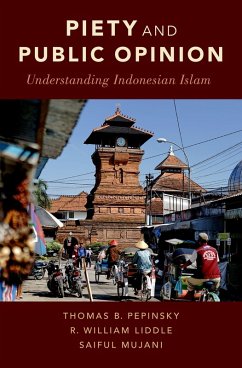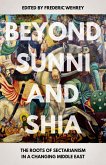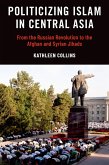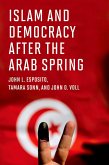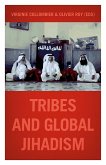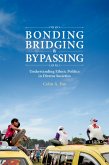Across the Muslim world, religion plays an increasingly prominent role in both the private and public lives of over a billion people. Observers of these changes struggle to understand the consequences of an Islamic resurgence in a democratizing world. Will democratic political participation by an increasingly religious population lead to victories by Islamists at the ballot box? Will more conspicuously pious Muslims participate in politics and markets in a fundamentally different way than they had previously? Will a renewed attention to Islam lead Muslim democracies to reevaluate their place in the global community of states, turning away from alignments with the West or the Global South and towards an Islamic civilizational identity? The answers to all of these questions depend, at least in part, on what ordinary Muslims think and do. In order to provide these answers, the authors of this book look to Indonesia--the world's largest Muslim country and one of the world's only consolidated Muslim democracies. They draw on original public opinion data to explore how religiosity and religious belief translate into political and economic behavior at the individual level. Across various issue areas--support for democracy or Islamic law, partisan politics, Islamic finance, views about foreign engagement--they find no evidence that the religious orientations of Indonesian Muslims have any systematic relationships with their political preferences or economic behavior. The broad conclusion is that scholars of Islam, in Indonesia and elsewhere, must understand religious life and individual piety as part of a larger and more complex set of social transformations. These transformations include modernization, economic development, and globalization, each of which has occurred in parallel with Islamic revivalism throughout the world. Against the common assumption that piety would naturally inhibit any tendencies towards modernity, democracy, or cosmopolitanism,
Piety and Public Opinion reveals the complex and subtle links between religion and political beliefs in a critically important Muslim democracy.
Dieser Download kann aus rechtlichen Gründen nur mit Rechnungsadresse in A, B, BG, CY, CZ, D, DK, EW, E, FIN, F, GR, HR, H, IRL, I, LT, L, LR, M, NL, PL, P, R, S, SLO, SK ausgeliefert werden.

